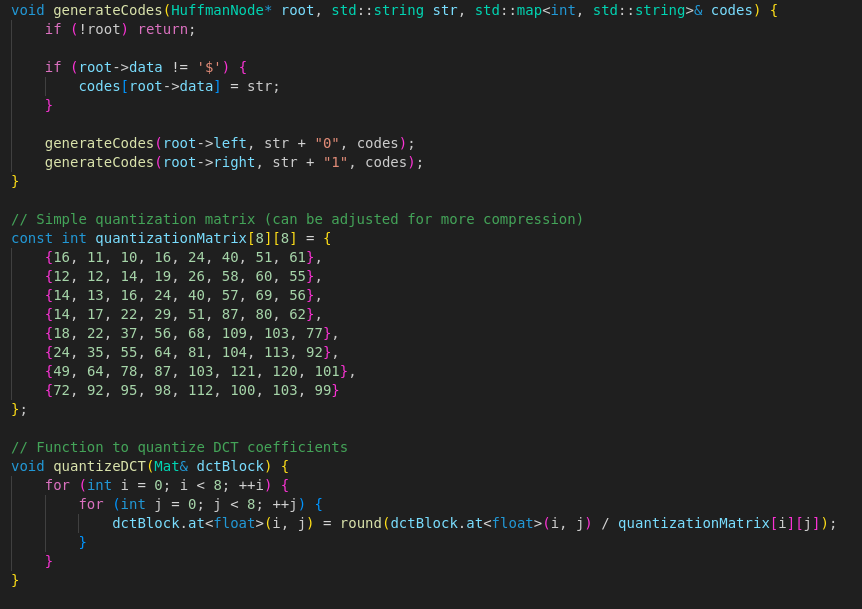Is Ai Losing Its Momentum?

The rapid advancements in artificial intelligence (AI) over the last few years have been nothing short of revolutionary. Projections like PwC’s forecast of AI adding $16 trillion to global GDP by 2030, and studies highlighting a potential 34% productivity boost for low-skilled workers, reflect the immense promise of AI.
Innovations like Google’s Willow quantum chip and OpenAI’s o3 model push the boundaries of possibility, bringing AI closer to achieving human-level cognitive capabilities.
However, as we step into 2025, cracks are emerging in AI’s seemingly unstoppable growth trajectory. Here’s why:
-
Skyrocketing Costs: Training state-of-the-art AI models like GPT-4 costs over $100 million, and future models may surpass $1 billion. Despite record-breaking venture capital investments—$97 billion in 2024—the industry struggles to deliver returns. Total annual AI revenues currently stand at just $12 billion, raising questions about sustainability.
-
Energy Constraints: The energy demand for operating AI data centers is staggering, projected to reach 1,000 terawatt-hours annually by 2026. Limited power availability could restrict expansion, with 40% of data centers expected to face operational constraints by 2027.
-
Data and Computational Limits: Large language models (LLMs) face hurdles like data scarcity and computational bottlenecks. With limited high-quality datasets, hallucinations and errors persist, and advancements in semiconductor technology are nearing physical limits.
While these challenges threaten major players, they also open doors for smaller competitors to innovate and reshape the market. A shift toward decentralization could foster competition and revive momentum, keeping the AI landscape dynamic and unpredictable.





















Comments